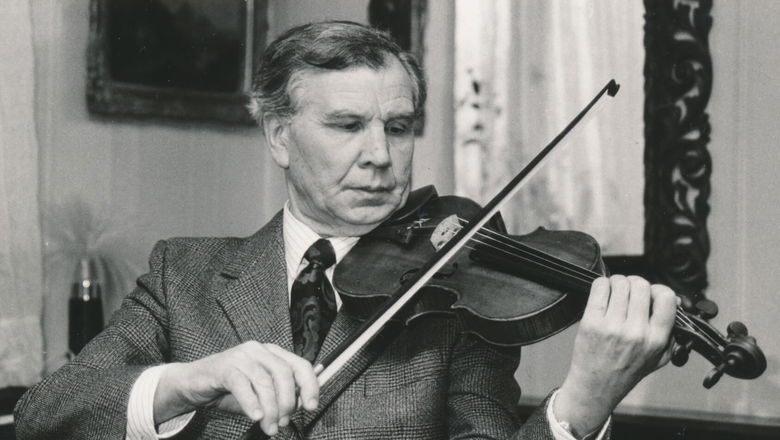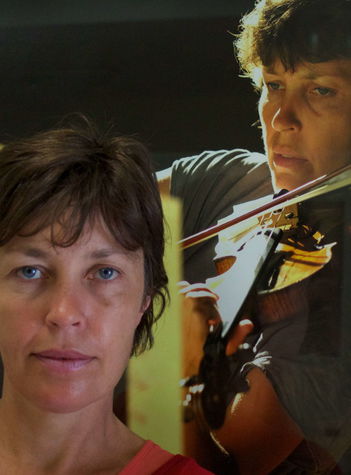String Quartet No. 1 in E minor, subtitled “From My Life”, was composed by Bedřich Smetana at the end of 1876, two years after he lost his hearing. As the subtitle of the work suggests, it has autobiographical features and is considered to be the composer’s confession of a lifetime and artistic statement. Smetana’s Piano Trio in G minor, Op. 15 from 1855, composed after the death of his first-born daughter Bedřiška, also had an intimate subtext. Smetana was inherently a programmatic composer and dramatist, and these qualities gave shape to his first string quartet. It was to be premiered on 19 February 1877 by the Bennewitz Quartet. However, its members found the piece too symphonic and refused to perform it. The public premiere took place as late as 29 March 1879 at a concert of the Art Society, performed by Ferdinand Lachner, Jan Pelikán, Josef Kerhan and Alois Neruda. Before that, however, the composer’s friend Josef Srb-Debrnov, who organized musical afternoons in his apartment, presented Smetana’s quartet to a closer circle of listeners in mid-April 1878. Smetana wrote to Srb on that occasion: “As regards my Quartet, I gladly leave others to judge its style, and I shall not be in the least angry if this style does not find favor or is considered contrary to what was hitherto regarded as quartet style. I did not intend to write a quartet according to recipe or custom in the usual forms. As a young beginner I worked sufficiently hard to acquire thorough knowledge and mastery of musical theory. [...] For me the form of every composition is dictated by the subject itself.” The established forms served Smetana as a starting point and he transformed their laws to suit his needs.
The work is indisputably autobiographical, and the composer himself made it known. The first movement expresses his youthful leanings toward art, a romantic atmosphere and “the inexpressible yearning for something I could neither express nor define, and also a kind of warning of my future misfortune.” The polka of the second movement is a reminiscence of the joyful days of Smetana’s youth; its middle section, he writes, is “the one which, in the opinion of the gentlemen who play this quartet, is unperformable. The purity of the chords is said to be impossible to achieve; I remind myself that I am painting in the tones of this movement my recollections of the aristocratic circles in which I lived for many years.” The third movement “brings to mind the happiness of my first love for the girl who later on became my faithful wife,” i.e., for Kateřina Kolářová. In the final movement, Smetana describes “discovery of how to make use of the elements of national music, joy at the success of this course up to the time it was interrupted by the catastrophe of the onset of my deafness,” as announced by a piercing high E fatefully ringing in his ears. “Roughly this is the aim of this composition, an almost private one, and therefore purposely written for four instruments which talk to each other in an intimate circle of friends of what has so momentously affected me.”




